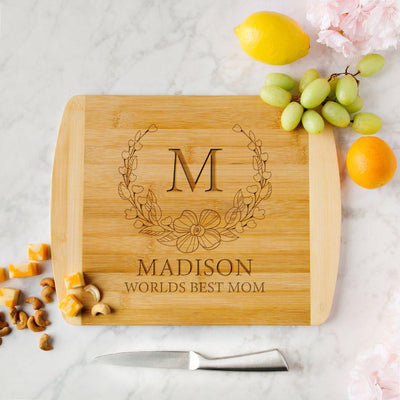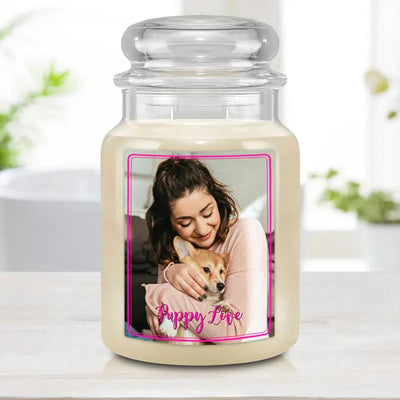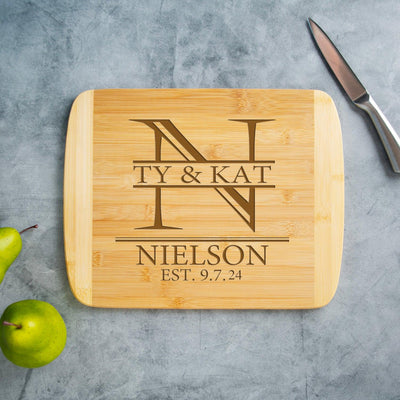How do Humidors Work and How to Select One?
If you’re interested in cigars, then you will have to think about how to store them. Cigars are quite fragile, and they need a specific temperature and humidity level to maintain their freshness and aroma.
To keep those qualities intact, you’ll need a device for storage. That device is the aptly named humidor. If you’re thinking of keeping your cigars fresh for more than a couple weeks, then you really can’t do without a humidor. So, how do humidors work?
What is a Humidor?
A humidor is a unique storage compartment designed to maintain humidity and temperature levels. These conditions are essential for storing cigars because the tobacco leaf contracts if it gets dry and can also become damaged if it is too moist.
When there is too little moisture in the air, the tobacco leaves will wilt, losing their aroma and flavor. Dry tobacco leaves also tend to burn hot and fast, so they are very difficult to smoke.
On the flip side, when there is too much moisture in the air, mold and mildew will begin to grow. These will rot the leaves and destroy the cigar.
Also, high humidity, coupled with high temperatures, are perfect conditions for a tobacco beetle infestation.
Humidors keep the conditions just right. They come in all shapes and sizes. Some can be as small as a portable box, while others are as large as those room-size humidors in cigar stores.
However, whatever the size, there are some common aspects to all humidors. For example, they have a seal to maintain internal humidity and temperature, some method of releasing moisture, and a hygrometer and thermostat to keep tabs on the internal temperature and dampness.
How Does a Humidor Work?
To get a proper understanding of how a humidor works, you need to go through its major parts.
The Humidifier
The humidifier is the defining component of a humidor. It is responsible for adding moisture to the internal atmosphere of the humidor. This moisture helps the cigars stay fresh and not burn too quickly.
The humidifier can come in different forms, including a sponge that’s soaked in distilled water, crystal gels, and electronic humidifiers attached to the hygrometer. Electronic humidifiers only release moisture when the meter says humidity levels are outside the ideal.
The Hygrometer
The hygrometer is responsible for measuring and indicating humidity levels in the humidor. These devices come in either digital or analog forms, with the analog version looking like a small needle on a marked semi-circle or circle.
Electronic humidors have the humidifier connected to the hygrometer. It reads the hygrometer and releases moisture into the air when humidity levels drop. Make sure to check your hygrometer every week or two to ensure humidity levels are optimal in your humidor.
Ideal humidity levels for cigars are around 70%. Also, you need to keep an electronic humidifier filled with distilled water.
The Thermostat
The thermostat measures internal temperature levels in the humidor. The ideal temperature in a humidor is between 60 and 72 degrees Fahrenheit.
Some humidors come with temperature controls to heat and cool the internal environment if needed. In humidors without temperature controls, the thermometer will tell you if you need to transfer your box to a warmer or cooler spot to maintain temperature levels.
Spanish Cedar
While humidors can use many different types of wood, Spanish cedar is by far the most popular. Spanish cedar repels insects and prevents the growth of mold and mildew. It also absorbs excess moisture and releases it slowly, helping in the maintenance of internal humidity levels.
Finally, this wood imparts a familiar flavor to cigars that many cigar aficionados love.
How to Select a Humidor
There are different factors to consider when shopping for a humidor.
1. Size
As mentioned earlier, cigar humidors come in all shapes and sizes. Ensure you get one that accommodates the size of your current collection and your planned future purchases.
Choosing a humidor that's either too large or too small could impair its effectiveness. An overly small humidor forces you to cram your cigars together, which might ruin their flavor. One that's too large might lead to under-utilization of the interior space and high humidity levels.
The general rule is to pick a humidor slightly larger than the size of your current collection.
2. Portability
If you travel a lot and like to take your cigars with you, you should consider purchasing a portable humidor. They are budget-friendly, most of them can carry at least a couple dozen cigars, and they are usually very tastefully designed. At home, they can be a supplement to a larger home humidor.
3. Wood Type
While Spanish cedar is the most popular type of wood for humidors, that doesn't mean there aren't other options. Other commonly used wood types include maple, mahogany, cherry, and maple.
Spanish cedar has the best insulation, but it is also the most expensive. Mahogany is an excellent second option, though it doesn't offer as much long term effectiveness at repelling insects as the Spanish cedar.
It would help if you also considered how much influence you want the wood type you choose to have on your humidor's internal humidity and temperature.
Durability is another crucial factor. For all its perks, Spanish cedar isn't the most robust wood, and a humidor that's built entirely out of Spanish cedar won't be as durable as one that only has the interior built out of Spanish cedar.
4. Quality
You should develop an eye for cheap humidors; they're everywhere, especially on the internet. Look out for things like the price, the wood type (Spanish cedar for the interior and a different wood for the exterior, all handcrafted, indicate high quality), and feedback and reviews online.
5. Seal
Tight seals matter a lot in humidors. Without a proper seal, a humidor will not have enough insulation. If you're buying online, make sure to ask the owner if it has a proper seal, and also to check their feedback and reviews. A humidor that creates a "whoosh" sound when you close it indicates adequate sealing.
6. Accessories
These include the hygrometer and thermometer. Find out if these things are built-in or have to be purchased separately. Also, find out if they are analog or digital. This factor is a matter of preference. However, without these tools, there is no way you can tell what's going on in your humidor.
Hopefully, you now know how to purchase the right humidor for your needs, as well as how do humidors work. There are many factors to consider, but once you know what to look for, the choice becomes much more manageable.









